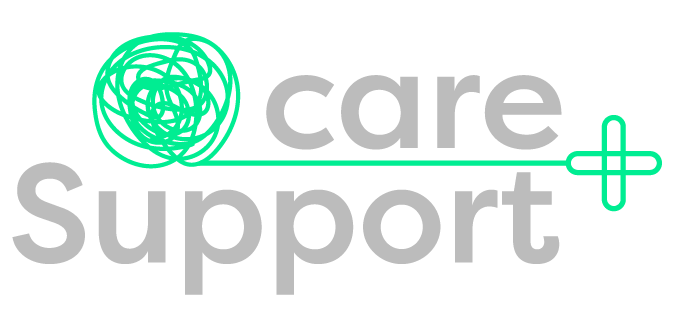Introduction
Informal caregivers play a central role in the provision of long-term care in Europe. They are often family members and friends who provide care, despite input from health
professionals and regardless of whether the patient is at home or in a formal care facility. Although such informal caregivers often take on the role and derive personal benefits
from informal care, such as having a meaningful role, a purpose and commitment to providing care. Being a caregiver can also bring significant physical, psychological, economic and domestic challenges. Such challenges and stresses, also known as caregiver burden, can affect aspects of caregiver well-being.
The SupportCARE project was born as an opportunity to empower and support family caregivers of people with dementia and provide them with the resilience and self-care tools to care for themselves and break the stigma surrounding dementia. Because knowledge can also lead to greater competence.
The specific goal is to offer an e-learning regarding dementia to prevent misunderstandings around the topic and increase knowledge. In people with dementia, both language production and comprehension deteriorate. In this second module on dementia, you will learn what changes occur in the language of persons with dementia. Then you will be given a dozen communication tips that you can
immediately put into practice.
Target audience: Informal caregivers for persons with dementia. Any caregiver or intern looking for basic information about dementia
Learning objectives
After finishing this learning module, you will:
Comprehend the most common changes in language in dementia
Put into practice the communication tips in this packet
Identify where your strengths and opportunities for growth lie.

